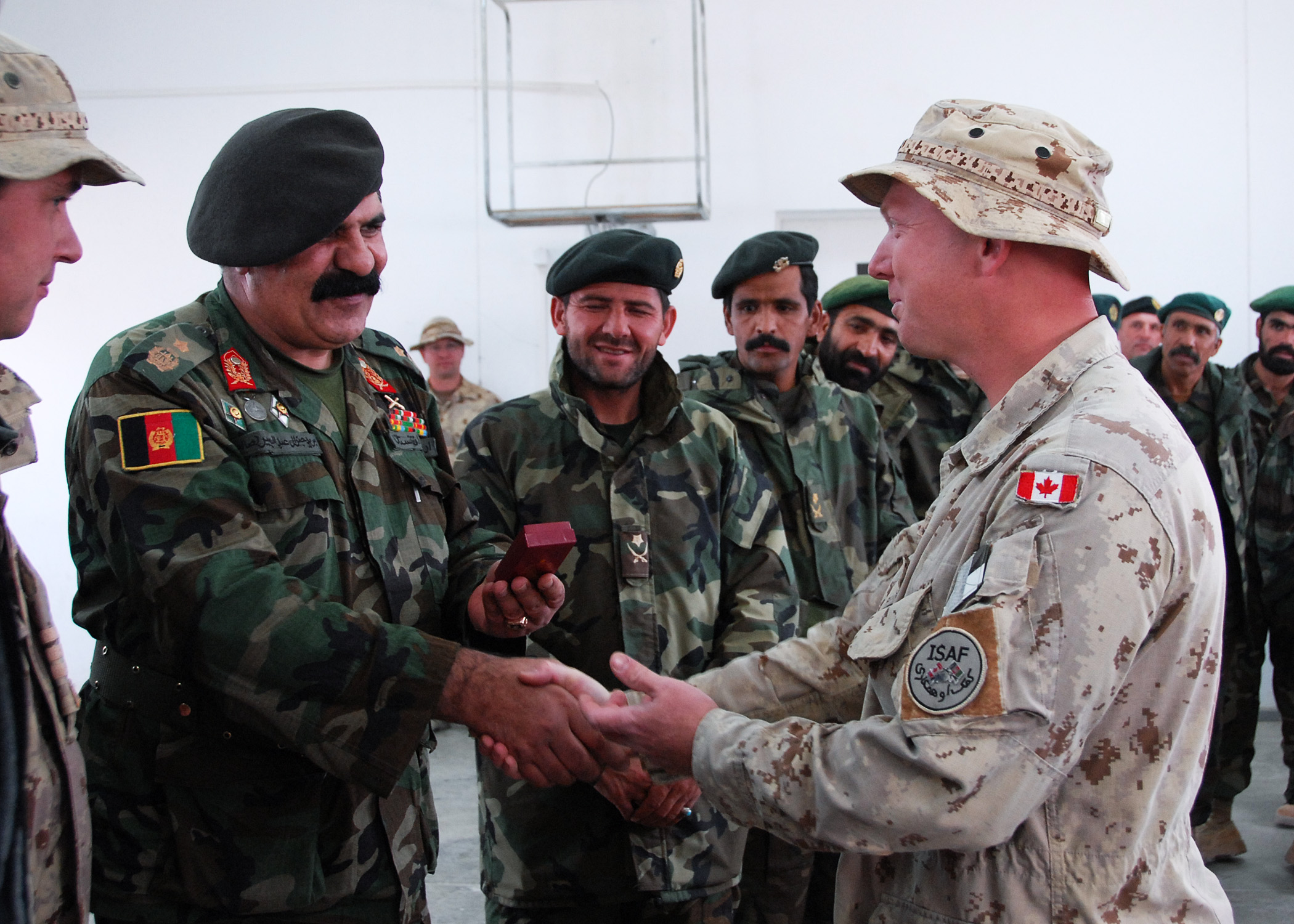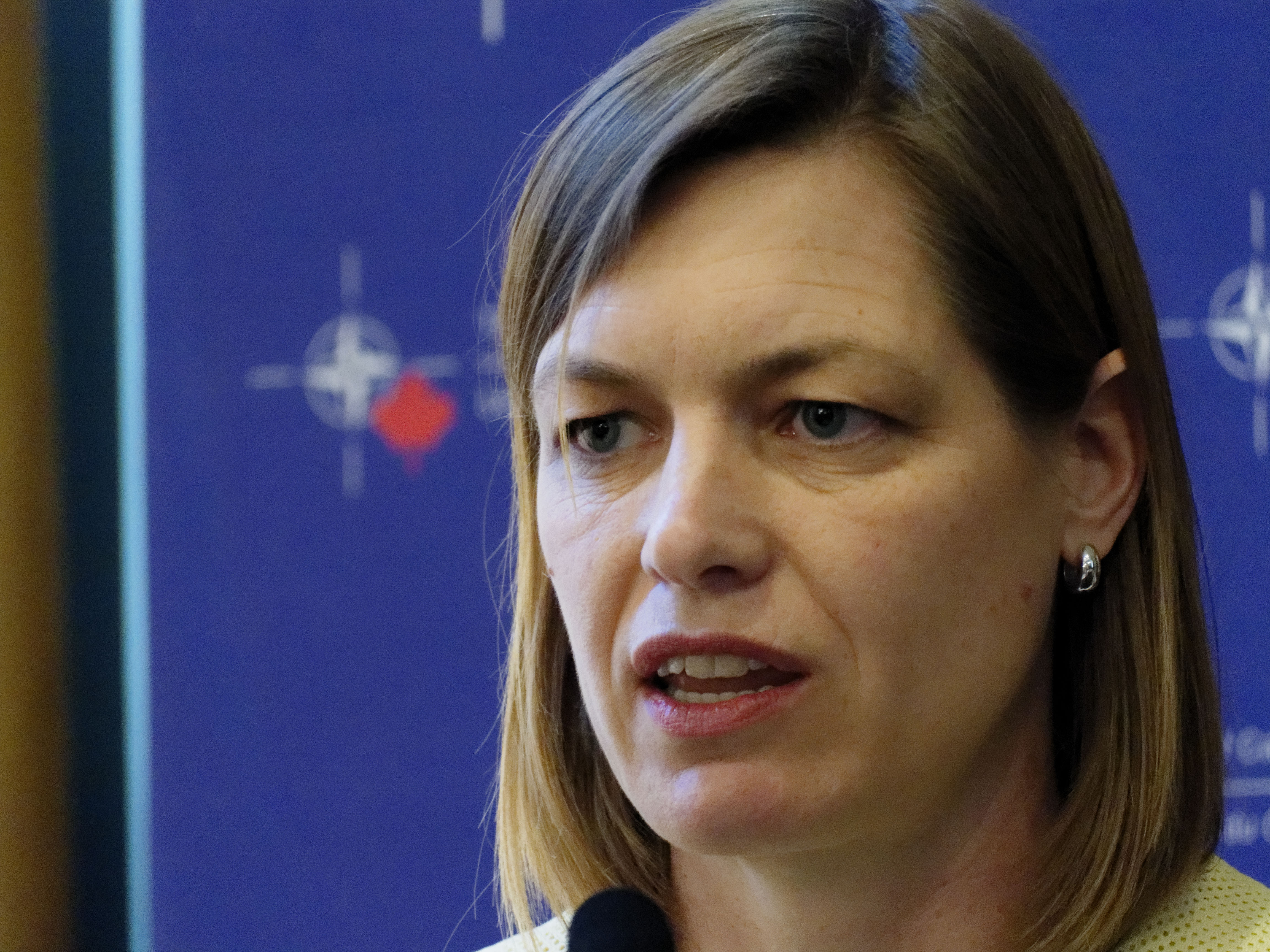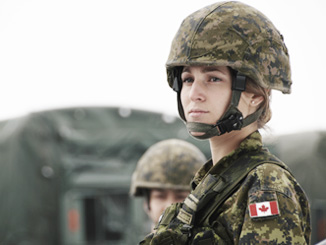Canada’s war in Afghanistan, the longest in Canadian history, is set to end in March 2014 when the last troops in the Canadian Forces (CF) training mission withdraw. Canada has lost more than 160 soldiers and up to $18 billion during its stay in Afghanistan. Canada needs a healthy conversation on its engagement in Afghanistan. For the past decade, Afghanistan has been the formative foreign policy experience for both government elites and the general public. Their perceptions of Afghanistan will shape Canada’s future global engagement.
In Afghanistan, the CF successfully overcame a risk-averse command culture and proved itself as a first-class military. When the Afghan war started, Canadian units (CANBATs in NATO shorthand) were micromanaged by Ottawa and restricted from engaging in most combat operations. Thus, British troops mockingly called them CANTBATs. The CF lacked key equipment, was overstretched, and handicapped by rules of engagement that seemed to emphasize avoiding bad public relations more than winning.
Luckily, reform soon took root. As David Bercuson and Jack Granatstein point out, Canada played a leadership role in its Kabul deployment from 2003 to 2006, owing to the high capabilities of its officers, troops, and intelligence assets. In 2005, the Kandahar mission began and General Rick Hillier became Chief of the Defence Staff. Hillier gave CF contingents operational freedom from political micromanagement, transforming their approach from risk avoidance to effecting real change. As a result, by the end of the war the CF had proven itself as one of the most reliable partners within NATO. While many NATO members deployed to relatively quiet areas of Afghanistan and restricted their forces from risky operations, Canada punched above its weight and took on a dangerous mission. The CF defeated major Taliban offensives in Kandahar, and successfully preserved the region from enemy control. Together with the UK and Denmark, Canada paid a relatively high price in casualties.
The US and the broader NATO Alliance recognized Canada’s contribution. As former US Ambassador to Canada David Jacobson said, “Canada earned a lot of credit around the world, not just in the United States…for their work in Afghanistan.” As a result, Canada’s ties with both NATO and the US were strengthened and it gained influence with both. For instance, NATO recognized Canada by appointing a Canadian general to command Operation Unified Protector, the 2011 intervention in Libya. This stronger relationship will be greatly valuable for Canadian foreign policy and national security.
Still, the war’s legacy on public opinion is troubling. While Canadian support for the mission was quite high in 2002, it steadily declined since and has never risen higher than 50% since 2006. Certainly, this owed to rising casualties after the deployment to Kandahar, but this alone is insufficient. Canada’s war aims in Afghanistan were unclear and poorly articulated, leaving the public confused. This confusion was compounded by the political manoeuvring on the war in Parliament during Harper’s minority government.
As a result, large segments of the public came to believe that Canada’s war in Afghanistan was a futile effort, a product of a failure to understand the backward nature of Afghan society that had produced more harm than good. For instance, the Globe and Mail’s Jeffrey Simpson charged that Canadian “hubris” and failure to understand the corrupt, backward, and even “post-medieval” nature of Afghanistan led to a failed intervention. Simpson echoed Doug Saunders, who in 2012 compared Afghanistan to the Boer War to emphasize the meaningless of what he labeled “the five-year semi-colonial Kandahar odyssey.” Journalist Graeme Wood went so far as to refer to the “crimes and tragedies” of Canada’s Kandahar mission, and labeled Canadian troops “occupier[s].”
There is, of course, another narrative. Conservative Minister Chris Alexander, Canada’s Ambassador to Afghanistan from 2003 to 2005, is confident that Canada made a positive difference in Afghanistan and can continue to do so in its foreign policy. However, he is troubled by the pessimistic media narratives that obscure Canada’s real achievements in Afghanistan and misrepresent the vibrant Afghan people as backward and quasi-medieval. Even critics of the way the war was fought, such as journalist Graeme Smith, have expressed disappointment that Canada is giving up instead of staying engaged. Such public skepticism about Canada’s ability to make a difference could easily constrain and limit Canada’s global engagement. Thus, it is imperative that the whole story be told and the public develop a more balanced perspective on Afghanistan.




